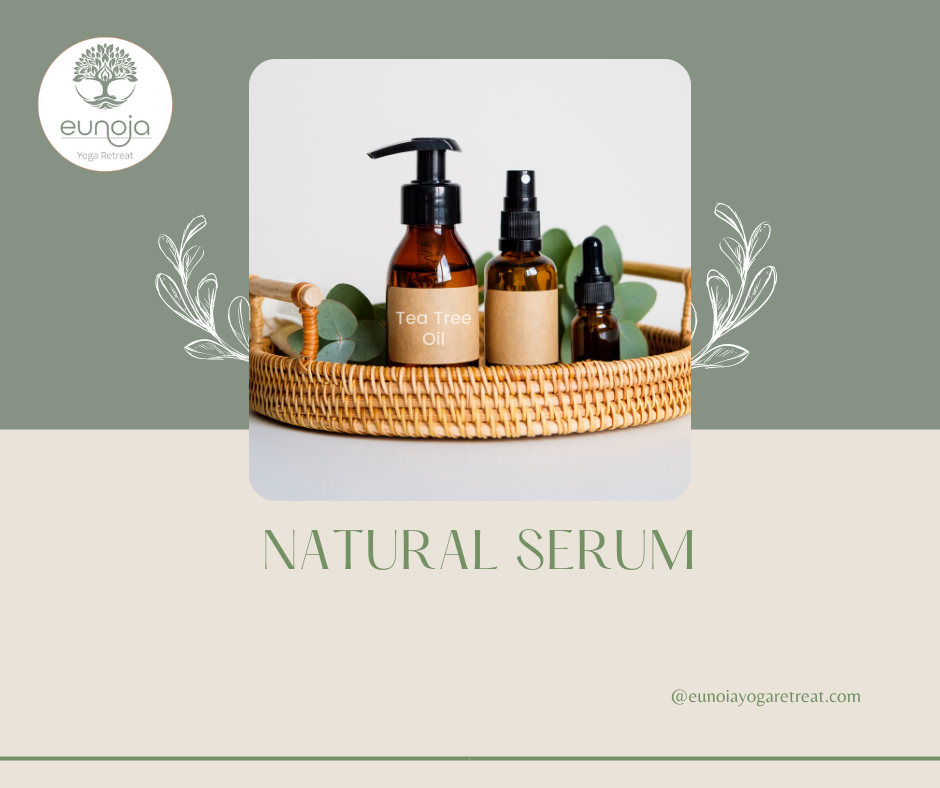Tea tree oil, derived from the leaves of the Melaleuca alternifolia plant, is a versatile essential oil known for its wide array of therapeutic properties. Below are some of the key benefits:
Antimicrobial Properties
Tea tree oil is celebrated for its potent antimicrobial effects. It can combat bacteria, viruses, and fungi, making it an effective natural remedy for various infections, including:
- Skin infections: It helps in treating acne, wounds, and minor cuts by reducing bacterial growth.
- Fungal infections: Effective against athlete’s foot, nail fungus, and yeast infections.
Acne Treatment
Due to its antibacterial and anti-inflammatory properties, tea tree oil is a popular natural treatment for acne. It reduces redness, swelling, and inflammation, helping to heal existing pimples and prevent new ones from forming.
Scalp and Hair Health
Tea tree oil promotes a healthy scalp by addressing common issues such as:
- Dandruff: Helps reduce flakiness and itchiness caused by dandruff.
- Lice: Acts as a natural remedy for head lice when combined with other essential oils.
- Scalp infections: Keeps the scalp clean and free of fungal or bacterial infections.
Respiratory Support
When used in aromatherapy, tea tree oil can help alleviate respiratory issues. Its vapor can:
- Relieve nasal congestion.
- Soothe symptoms of coughs and colds.
- Act as a natural decongestant.
Wound Healing
Tea tree oil has been shown to accelerate wound healing by reducing inflammation and stimulating the activity of white blood cells, which are crucial for the healing process.
Deodorant and Odour
With its natural antibacterial properties, tea tree oil can be used as an effective natural deodorant. It helps control body odour by inhibiting the bacteria responsible for unpleasant smells.
Oral Health
When diluted, tea tree oil can improve oral health by combating bacteria that cause bad breath, gingivitis, and plaque build-up. However, it should never be swallowed.
Tea tree oil, derived from the leaves of the Melaleuca alternifolia plant, is a versatile essential oil known for its wide array of therapeutic properties. Below are some of the key benefits:
Antimicrobial Properties
Tea tree oil is celebrated for its potent antimicrobial effects. It can combat bacteria, viruses, and fungi, making it an effective natural remedy for various infections, including:
- Skin infections: It helps in treating acne, wounds, and minor cuts by reducing bacterial growth.
- Fungal infections: Effective against athlete’s foot, nail fungus, and yeast infections.
Acne Treatment
Due to its antibacterial and anti-inflammatory properties, tea tree oil is a popular natural treatment for acne. It reduces redness, swelling, and inflammation, helping to heal existing pimples and prevent new ones from forming.
Scalp and Hair Health
Tea tree oil promotes a healthy scalp by addressing common issues such as:
- Dandruff: Helps reduce flakiness and itchiness caused by dandruff.
- Lice: Acts as a natural remedy for head lice when combined with other essential oils.
- Scalp infections: Keeps the scalp clean and free of fungal or bacterial infections.
Respiratory Support
When used in aromatherapy, tea tree oil can help alleviate respiratory issues. Its vapor can:
- Relieve nasal congestion.
- Soothe symptoms of coughs and colds.
- Act as a natural decongestant.
Wound Healing
Tea tree oil has been shown to accelerate wound healing by reducing inflammation and stimulating the activity of white blood cells, which are crucial for the healing process.
Deodorant and Odour
With its natural antibacterial properties, tea tree oil can be used as an effective natural deodorant. It helps control body odour by inhibiting the bacteria responsible for unpleasant smells.
Oral Health
When diluted, tea tree oil can improve oral health by combating bacteria that cause bad breath, gingivitis, and plaque build-up. However, it should never be swallowed.
Soothing Skin Irritations
Tea tree oil can help alleviate itching and irritation caused by insect bites, eczema, and psoriasis. Its anti-inflammatory properties soothe the skin and reduce redness.
Precautions
While tea tree oil offers numerous benefits, it should always be used with care: Dilution: It should be diluted with a carrier oil (e.g., coconut or almond oil) before applying to the skin to avoid irritation. Patch Test: Conduct a patch test before using it extensively, as some people may be allergic. Ingestion: Tea tree oil is toxic if ingested and should only be used externally.

